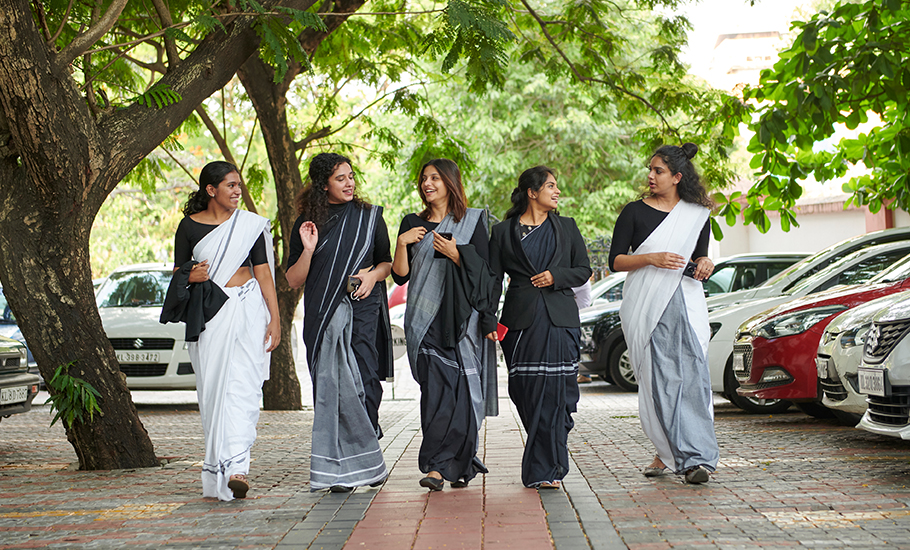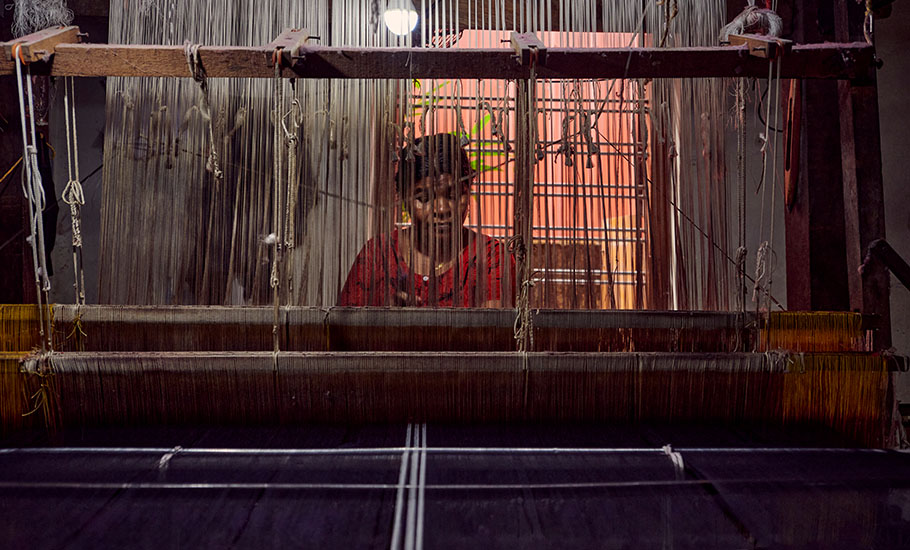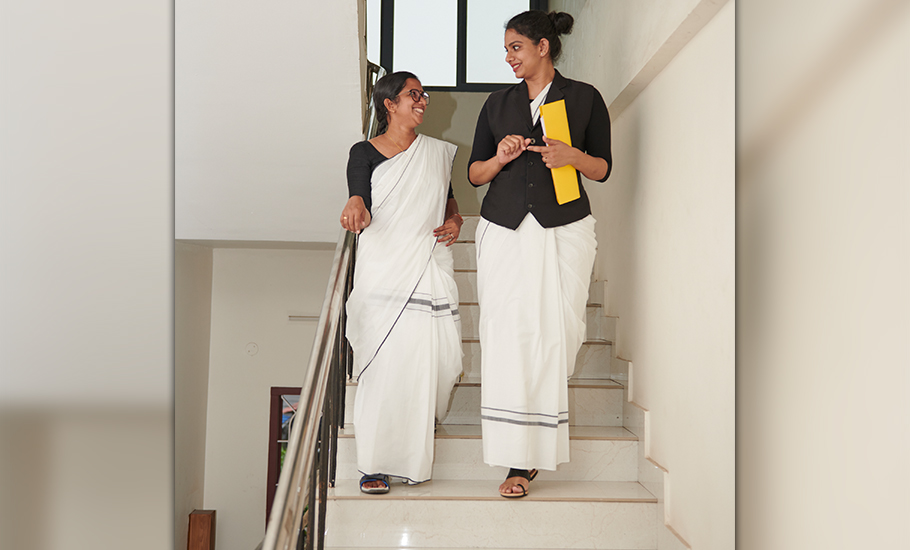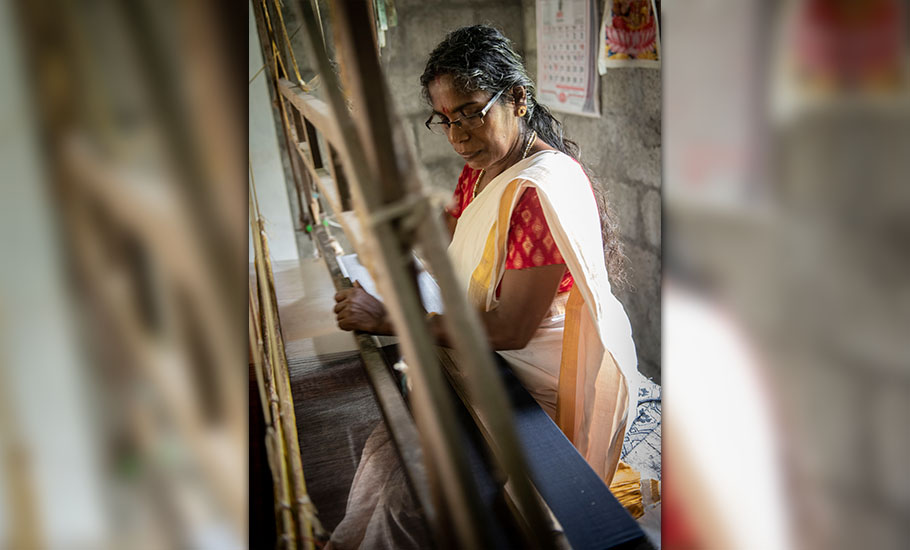
- Home
- India
- World
- Premium
- THE FEDERAL SPECIAL
- Analysis
- States
- Perspective
- Videos
- Sports
- Education
- Entertainment
- Elections
- Features
- Health
- Business
- Series
- In memoriam: Sheikh Mujibur Rahman
- Bishnoi's Men
- NEET TANGLE
- Economy Series
- Earth Day
- Kashmir’s Frozen Turbulence
- India@75
- The legend of Ramjanmabhoomi
- Liberalisation@30
- How to tame a dragon
- Celebrating biodiversity
- Farm Matters
- 50 days of solitude
- Bringing Migrants Home
- Budget 2020
- Jharkhand Votes
- The Federal Investigates
- The Federal Impact
- Vanishing Sand
- Gandhi @ 150
- Andhra Today
- Field report
- Operation Gulmarg
- Pandemic @1 Mn in India
- The Federal Year-End
- The Zero Year
- Science
- Brand studio
- Newsletter
- Elections 2024
- Events
- Home
- IndiaIndia
- World
- Analysis
- StatesStates
- PerspectivePerspective
- VideosVideos
- Sports
- Education
- Entertainment
- ElectionsElections
- Features
- Health
- BusinessBusiness
- Premium
- Loading...
Premium - Events

Why Vidhi saris won in the court of women lawyers

Having revived the looms and workspaces in handloom and khadi in late 2018 after the devastating floods, Ramesh Menon, the founder of handloom brand Save The Loom, was looking at strengthening the back-end processes in this sector and mechanisms to ensure better wages and consistent work that is not occasion or festival-dependent. That is when he hit on the idea of working with artisans in...
Having revived the looms and workspaces in handloom and khadi in late 2018 after the devastating floods, Ramesh Menon, the founder of handloom brand Save The Loom, was looking at strengthening the back-end processes in this sector and mechanisms to ensure better wages and consistent work that is not occasion or festival-dependent. That is when he hit on the idea of working with artisans in Kerala to hand-weave and craft an exclusive range of attire for women lawyers, who are governed by a dress code.
The award-winning social impact agency worked actively to revive the handlooms and infrastructure destroyed during the floods within a span of 100 days and was honoured by the district administration and the government.
“Our founding patron Late Justice KK Usha, and many in the law fraternity, immensely helped and guided us in our early stages of setting up Save The Loom. The idea of relooking at the attire women lawyers wear to court came to our attention during those visits to court, and we found it an interesting premise for us to work on and see where we can go with it,” says Menon.
That was the beginning of many discoveries. The team, led by Menon, spent a couple of months in research not just on the dress code, and what are the working conditions of women lawyers, but also on what the young lawyers prefer to wear, even the statistics of women lawyers over the decades.

“We were ready with the first prototypes sometime in early 2021. The collection has a defined path, it will be a continuing process where designs will be added every few months, material and other R&D to be an ongoing process etc. Since the launch with six designs, we currently have a range of 15 designs now. Each sari pays tribute to a legendary women lawyer,” adds the entrepreneur.
When Vidhi launched, the courts were functioning virtually. But word of mouth and the fact that it was the first ever time a focused effort was made to design something for women lawyers and adhering to the guidelines of the BCI (Bar Council of India)-stipulated dress code gave the brand enough reach. They soon had lawyers from across the country reach out to them. Interestingly enough, many law students also approach them to buy the saris to wear to their convocation.
In fact, recently an Indian-origin woman lawyer, Amanda Shalou, took her oath at the admission ceremony at the New South Wales Supreme Court in Australia and chose to wear a Vidhi sari. “It was a very memorable day for me, being able to honour my roots and the hard work of my migrant parents and to the support incredible of work of Save The Loom,” she tweeted.
Alongside providing women lawyers with contemporary and stylish attire, Menon is also empowering women weavers. The cluster where Menon bases his work has 96 per cent women weavers, with 85 per cent above the age of 45. His larger vision is to make handloom an everyday wear and aim to provide round-the-year work, and fair wages to the people who work on the entire process.

A dress code is a symbol of dignity, honour, wisdom and justice and these are the values which any advocate has to keep up with. Analysing various parameters including weather conditions across the country, usage, limitations and possibilities, the designs offers a stylish alternative that would retain the decorum of the courts and allow women lawyers to be comfortable in their attire, when paired with their coats/jacket and gowns was the motto of the brand. The woven saris have incorporated multiple processes including a 30-minute quick-wash, dry and reuse, for regular wear, reversible designs, and more. Alternatively, the designs are also available in fabric form, for stitching into other permitted outfits.
Each of the designs in the collection is named after luminary women judges as a tribute and carries a note as part of the tags to celebrate their courage and contribution to their profession. Primarily the brand sells online, with a good number of clients coming through social media platforms.

Santhi Mayadevi, a 30-year-old lawyer and a regular client of the Vidhi line, says, “Dress code personally for me should be comfortable to carry the whole day. I should be able to attend/go to client conferences or events with the same dress code with that confidence. It should project my personality and attitude. Save The Loom fulfils all these criteria. It is a great thought launching handwovens for women lawyers specifically in black and white. The fact that it’s painstakingly handcrafted by women weavers only adds to its charisma and appeal.”
Even the newly minted lawyers are taken in with Vidhi and its collection. Bhairavi SN, a 24-year-old lawyer working with Dandapani Associates, says, “I believe the dress code can accommodate changes keeping in mind the comfort of the advocates. The saris are comfortable to wear especially during the summer. The quality of fabric is amazing. I can definitely see more advocates wearing it.”
Despite the praises coming his way, the project for Menon has been an uphill battle. “We started work on Vidhi right in the middle of the pandemic, and the entire supply chain system was broken. Raw materials were difficult to get, yarn prices shot up… we faced many such issues. The launch was done with six saris, and every quarter we kept adding designs. Many early designs that were sold out went back on the loom to meet the demands from across the country as the courts started opening up to physical hearings. We have 15 designs currently and will have the next additions early next year. We hope the limitation of black, white and grey will still keep inspiring our design team and the inputs of women lawyers from across the country continue for us to keep working on new designs.”
The brand has completed four years working with handloom and khadi weavers in Kerala. It has given them enough ground insight on the realities of why these sectors continue to languish in spite of government support and patronage.

“The traditional sectors need far greater understanding and repurposing to find a new future where we find the young generation to come to practice it besides a young audience to consume it. The whole concept of patronising handloom because it helps someone or as an act of nobleness or charity needs to go away. There is nothing more luxurious than handmade and it’s time we value it and also treat the practitioners of craft as a national treasure. Vidhi and our other collections worked and aimed to present a wider market, ensure better wages, and a robust backend, and it shall always be a work in progress. The future is handmade,” Menon tells The Federal.
He is at present working with green architect Vinu Daniel on making a modern weaving centre cum live museum in Chendamangalam, with CSR and crowdfunding. Their concept space One Zero Eight reopens in time for the Kochi Muziris Biennale this year-end. That will not only position textiles from Kerala in a new light but will also work with the finest Indian design talent in the field of handlooms and khadi.
